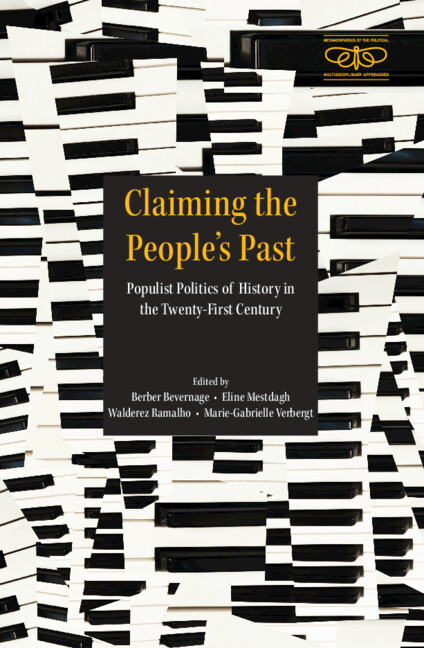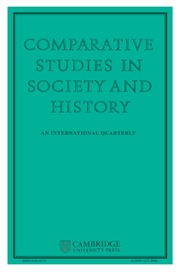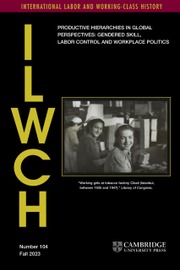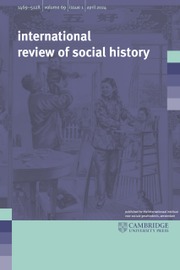Claiming the People's Past
This book offers a global and systematic overview of populist politics of history in the twenty-first century. An international group of scholars interrogates how and why populists engage with the past. Twelve case studies focus on uses of history and memory by populist movements across the globe – ranging from Brazil to Bangladesh, from Poland to Tanzania. Five thematic chapters zoom in on key features of populism: its relation to time, nationalism, emotions, academic expertise, and the language of 'moral remembrance'. The focus is both on left- and right-wing populism, as well as on oppositional populism and populists in power. This way, the volume presents an empirically rigorous and conceptually innovative analysis of populist historical reason.
- Wide range of reflexive case studies and thematically oriented reflections on populist historical reason
- Offers an interesting balance between empirically informed and conceptually innovative contributions
- Informs readers about state of the art research beyond their own disciplines and in different geographical contexts
Reviews & endorsements
‘This excellent collection brings top scholars together to examine how memory and history are instrumentalised in various forms of populism. The result is a wealth of insights and critical perspectives, making it required reading for everyone interested in this key aspect of contemporary politics.' Ann Rigney, Utrecht University
‘Populism's relation to history is both peculiar and necessary. For once, we have a book not on what populism is, or its relationship to democracy, but on the essential topic of populism's relation to history (and use of it), including ‘past presencing' for purposes of identity creation, evocation of affect, and political struggle. Among several remarkable ways of relating to the past, the book showcases odd but understandable chains of equivalence between nationally canonic elements of the past and the present, and a notion of time as (incessantly) updating what is already known rather than evolving. The volume's short, readable case studies are, in addition, great reflection-triggering texts. This intriguing book will leave readers more knowledgeable, if also perhaps more perplexed.' Pierre Ostiguy, Universidad de Valparaíso
‘Remarkably global and comparative in scope, Claiming the People's Past breaks new ground in asking if there is a specific kind of ‘historical reason' that contemporary authoritarian and populist leaders and regimes – including those in the world's oldest and largest formal democracies – put to work when they stake their claims on pasts and futures. Populism is a much-discussed topic, and scholars have legitimately asked if this one word could indeed accommodate all the historical and institutional differences we seek to bring under its cover. The editors and contributors to this book build on these debates to answer a question that, to my knowledge, has not been asked before. Truly a very important contribution to histories of the present.' Dipesh Chakrabarty, University of Chicago
Product details
February 2025Adobe eBook Reader
9781009488082
0 pages
This ISBN is for an eBook version which is distributed on our behalf by a third party.
Table of Contents
- Acknowledgments
- Notes on contributors
- Preface: is there a distinctly populist perspective on history? Jan-Werner Müller
- Introduction: towards a theory of populist historical reason Berber Bevernage, Eline Mestdagh, Walderez Ramalho and Marie-Gabrielle Verbergt
- Part I. Global Varieties of Populist Politics of History:
- 1. Don't mention the holocaust: The Alternative for Germany and Its Engagement with Pasts, Histories and Memories Klaus Neumann
- 2. Memory Policies and Uses of the Past during Kirchnerist Governments in Argentina (2003–2015) Cinthia Balé and Gustavo Guille
- 3. Mujib's two bodies: memorial populism in Bangladesh Julian Kuttig and Bert Suykens
- 4. Poland besieged: law and justice and its politics of history Paweł Machcewicz
- 5. Memory, history, and the politics of the Hindu right Neeladri Bhattacharya
- 6. Perpetuum mobile: Neo-Ottoman nostalgia as an impossible machine of conquest Yagmur Karakaya
- 7. Populist Islamism in East Africa: elaborating alternative futures from idealised pasts Felicitas Becker
- 8. Historical consciousness in the age of Donald Trump: populism, evangelicalism, and the typological imagination Oz Frankel
- 9. The past as distraction: engagements with history in the new Brazilian populism Mateus Pereira and Valdei Araujo
- 10. Populism, presentism, and the prospects of critical historical thinking in Russia Andrey Oleynikov
- 11. Historical narratives and the essentialist hazards of populism in Spain Pablo Sánchez León
- Part II. Key Features of Populist Historical Reason:
- 12. Considering nostalgia: the affective practices of heritage and the politics of populism Laurajane Smith
- 13. Historiographic populist emotivism Aviezer Tucker
- 14. 'You feel me bro?': the role of emotions in the construction of collective identities in populism, nativism, and ethnic nationalism Chris Lorenz
- 15. Does populism challenge the expertise of academic historians? Allan Megill
- 16. National memory, moral remembrance, and populism Lea David
- Bibliography
- Index.










